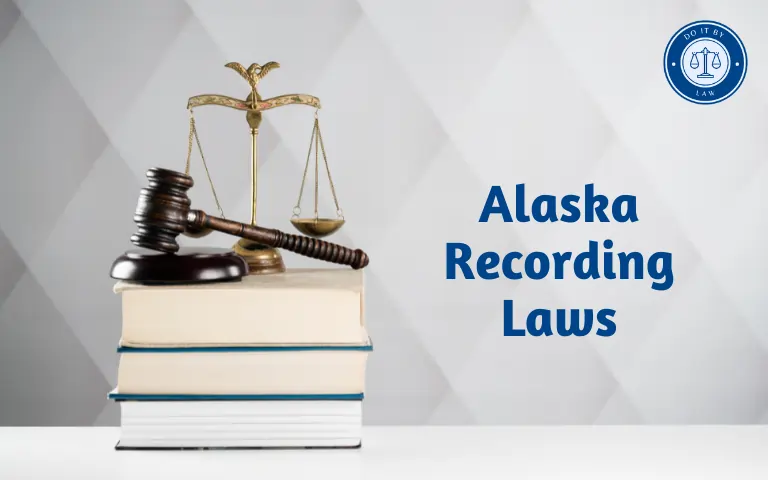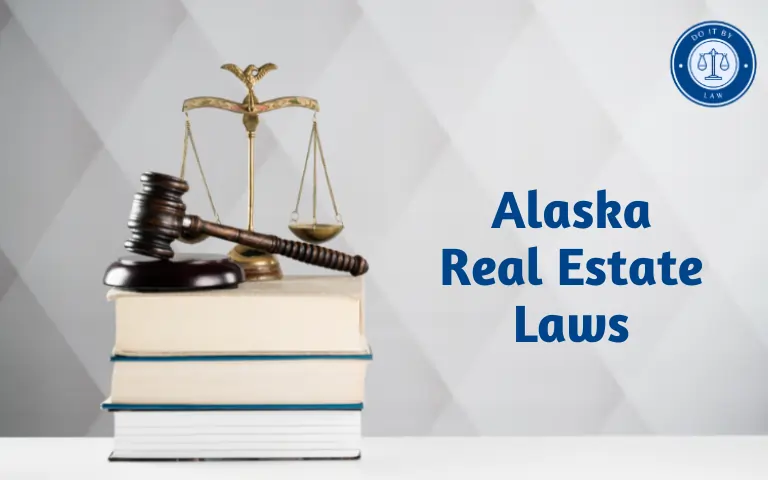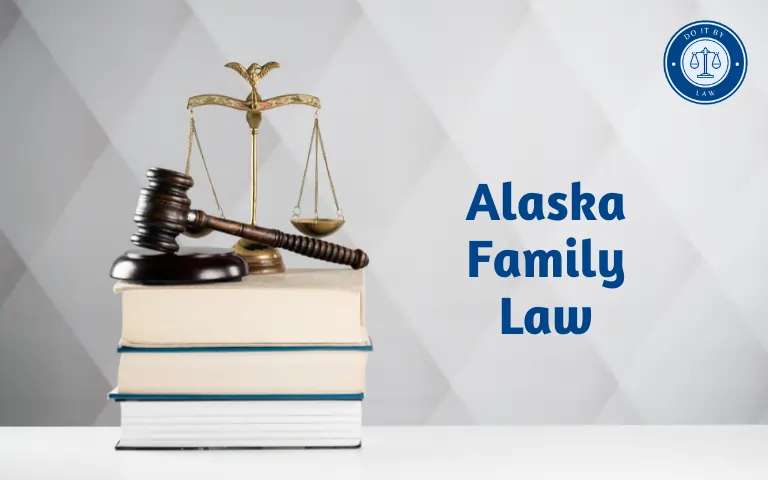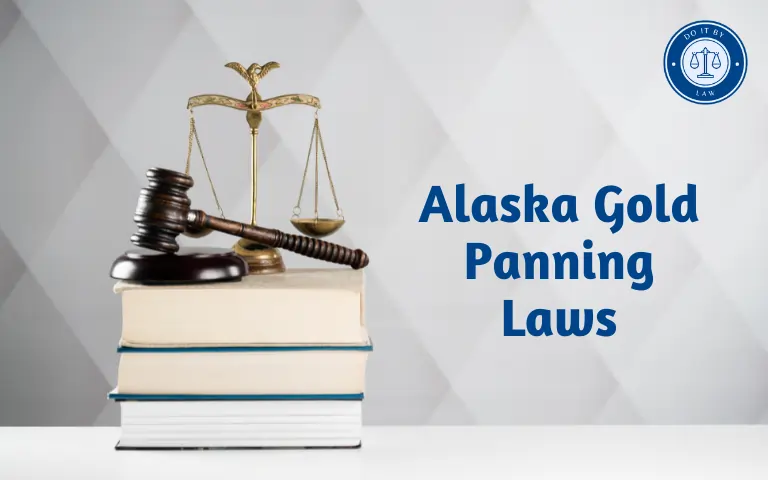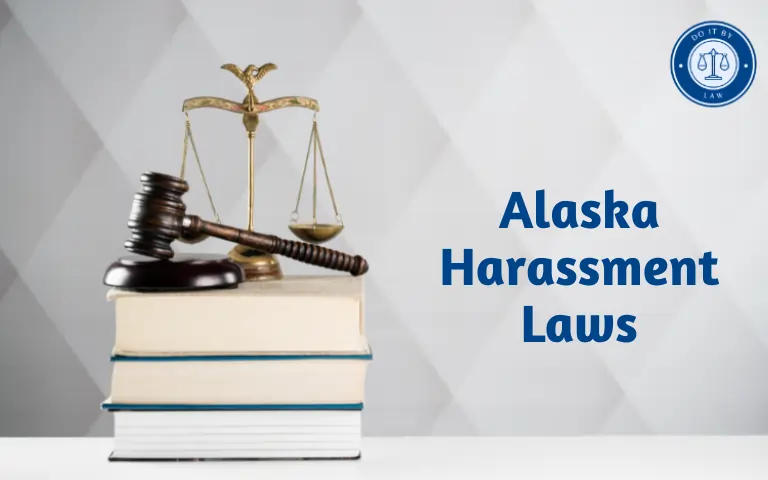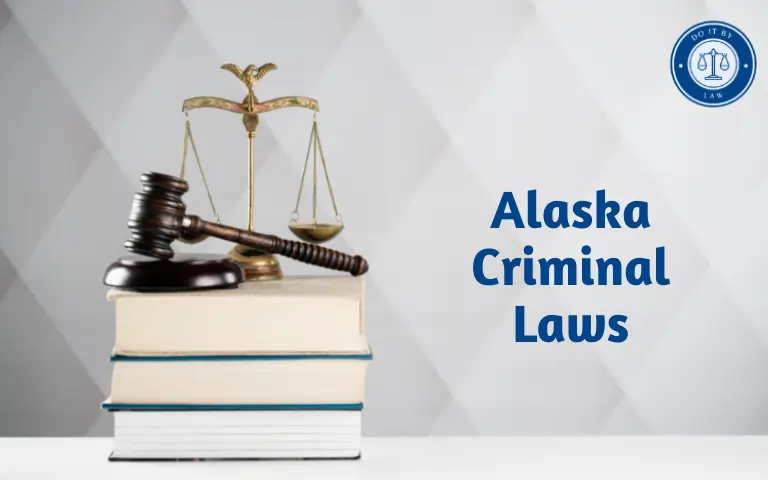Alaska Recording Laws: What You Need To Know
Alaska requires only single-party consent for Alaska Recording Laws private in-person and electronic communications. Understanding lawful wiretapping and eavesdropping policies protects privacy rights when documenting discussions. This overview covers key Alaska states.
When Did Alaska Adopt Its Current Recording Laws and Why?
Alaska formally codified privacy protections surrounding audio recordings upon statehood in 1959 within Chapter 40 covering “Privacy Surveillance and Eavesdropping”.
Lawmakers sought to balance open investigation powers with constraints against unlawful snooping into private lives. Alaska’s single-party consent rule emerged as a practical compromise between extremes of banning secret recordings entirely versus allowing uncontrolled remote monitoring.
Who Does Alaska Recording Laws Apply To?
Alaska recording provisions govern:
- All individuals located within Alaska territorial boundaries while documenting oral communications. This covers residents and visitors.
- Persons or businesses operating electronic surveillance equipment installed in Alaska spaces like concealed cameras or phone tap lines.
Statutes encompass both in-person exchanges and those transmitted through phones, radio devices, and other media qualifying as private correspondence.
What Key Provisions Exist in Alaska Recording Laws?
Alaska recording regulations mainly require that:
- At least one communicator participating in a private discussion consents to audio documentation. This includes concealed participant recordings.
- Notice requirements apply when operating fixed surveillance systems in locations with reasonable privacy expectations like bathrooms or private offices.
- Court orders must authorize any 3rd party taps on electronic communications like phone intercepts.
Additional consent conditions may apply under separate harassment prevention and minor protection laws.
What Are Potential Penalties for Violating Alaska Recording Laws?
Illegal eavesdropping or non-consensual recording infractions risk:
- Misdemeanor charges potentially include fines up to $10,000 and one year of jail time depending on circumstances
- Civil liability covering actual losses plus punitive damages from privacy right violations
- Inadmissibility of unlawfully obtained recordings in court proceedings
Related charges may also apply regarding hacking stored data, distributing captured exchanges, or enabling further surveillance abuses.
Have There Been Recent Changes to Alaska Recording Laws?
Alaska last updated audio recording consent requirements in 2004 revising civil penalties. Legislators declined proposals imposing stricter nonconsensual documentation fines following controversies in other states.
However new remote work and public recording trends have renewed debates on updating electronic privacy given advancing digital capture technologies enabling viral media spread. Expect revisiting protections for minors, cyber harassment accountability, and location tracking policies.
What Key Recording Law Controversies Exist in Alaska?
Most debates involve:
- Scope for public/employee recordings like police encounters without mutual notice
- First Amendment rights to share documented media despite objections
- Press freedoms to publish lawfully obtained materials vetoed by involved parties
- Privacy risks from expanding commercial/government surveillance systems
- Remediation rights for victims of unauthorized intimate media releases
Interpreting consent conditions and permitted usage continues evolving with technology and cultural norms around capturing interpersonal exchanges.
In Summary
Alaska recording laws permit documenting private conversations under the single-party consent rule. However strict unauthorized publication and commercial restrictions aim to deter surveillance overreach despite Alaska’s otherwise libertarian legal leanings.

